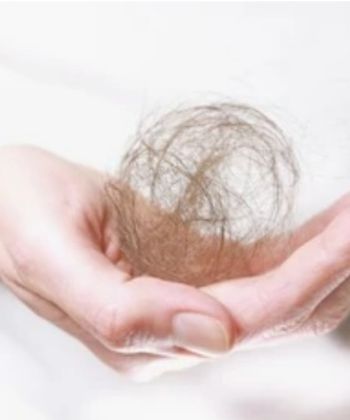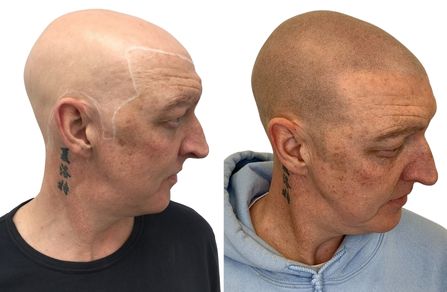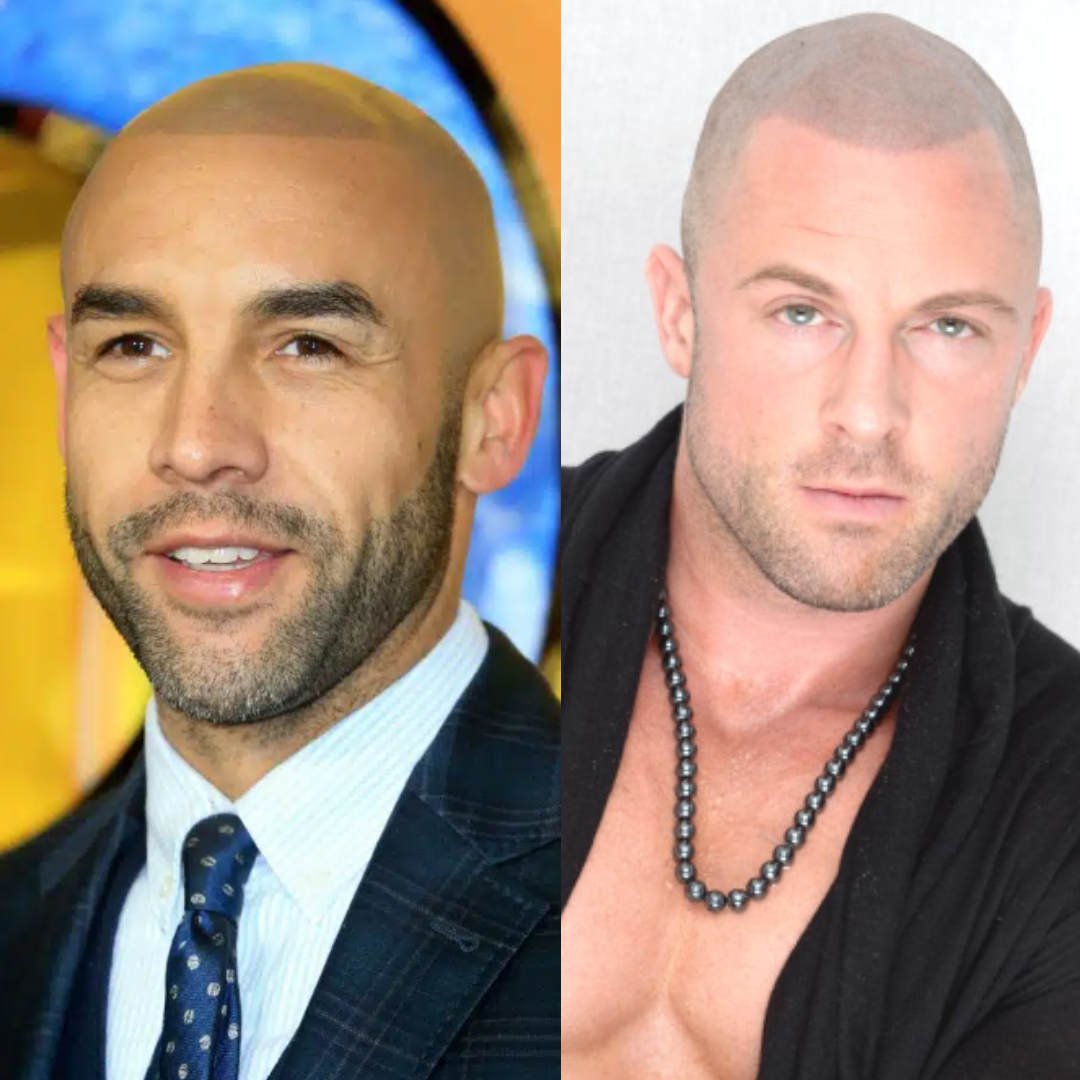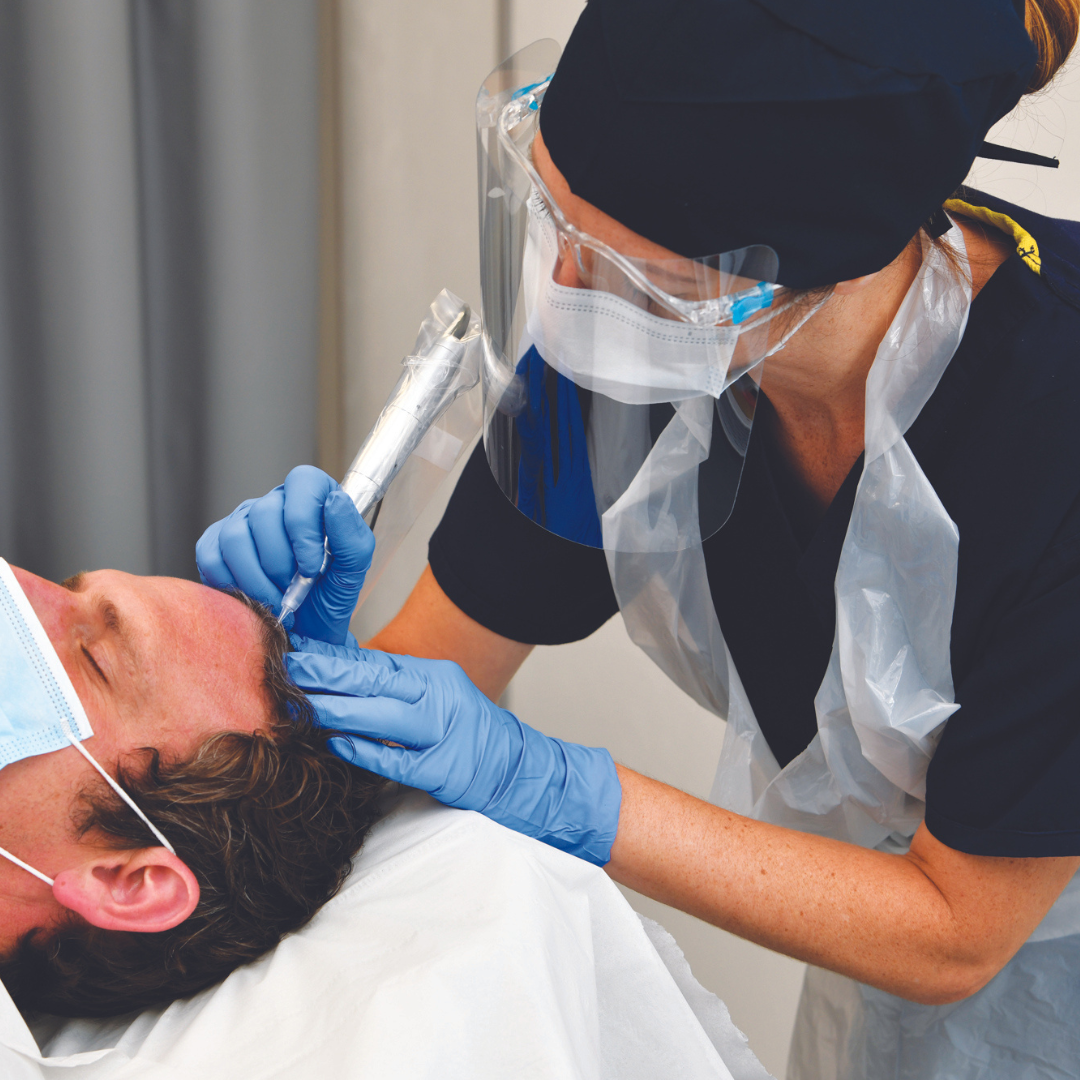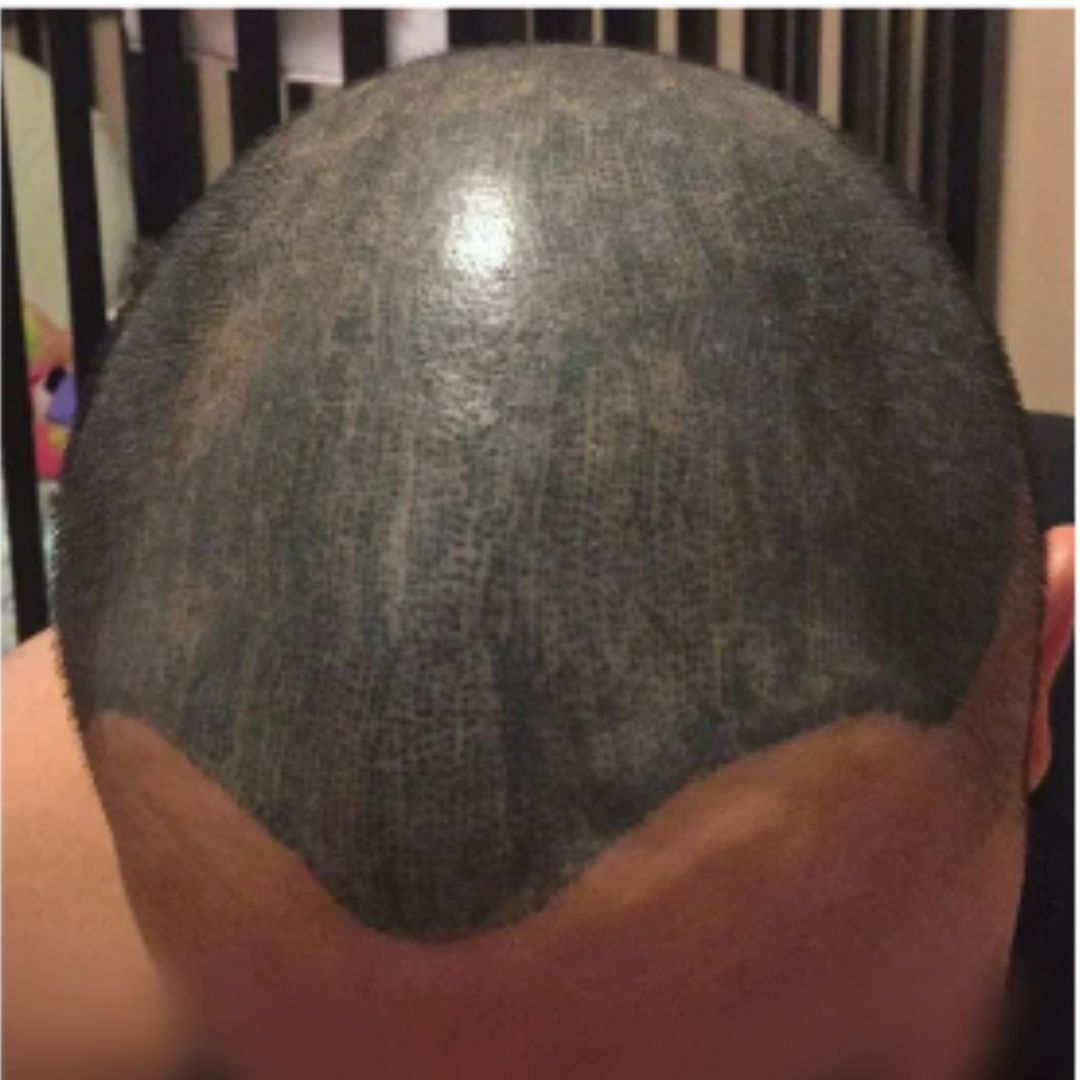What are the causes of Alopecia?
Different types of hair loss have different causes. To determine the type and cause of your hair loss it is always advisable to speak to a specialist. Hair loss specialists, like those in our team, will ask many different questions to determine what type of hair loss you have, discuss the possible causes and a suitable treatment plan.
Some types of hair loss are auto-immune conditions, Alopeica Areata for example. Others are considered genetic, such as Androgenetic Alopecia, where our hormone levels, along with other contributory factors, can impact the growth cycle and functionality of the hair follicles, causing hair loss.
There are many other factors which can cause or contribute to alopecia, from medications and health conditions to diet, stress and lifestyle. Knowing the cause and type of alopecia you have is the starting point to finding the best treatment for you.

Book your no-obligation consultation today
Book NOWWhat are the different types of Alopecia?
Alopecia or hair loss as it is more commonly referred, is a broad term when we consider that figures suggest 50% of the population are affected by noticeable hair loss by the age of 50. It can be difficult to achieve a diagnosis for hair loss or find information relevant to your type before researching potential treatments that may help. The main types of hair loss are listed below:
ANDROGENETIC ALOPECIA
Often referred to as ‘Pattern’ or ‘Genetic’ hair loss, androgenetic alopecia is the term for progressive hair loss. Hair begins to thin with the diffused loss becoming more widespread over a longer period of time than other types of alopecia.
ALOPECIA AREATA, BARBAE, TOTALIS & UNIVERSALIS
Alopecia areata is an auto-immune condition which causes ‘patchy’ hair loss. Round and/or oval smooth patches appear where hair has fallen out. The most common area for alopecia areata is the scalp but it can occur on other areas of the body, including the beard when it is referred to as alopecia barbae. When the condition progresses and results in total scalp hair loss it is alopecia totalis, when the hair loss affects all facial and body hair is becomes alopecia universalis.
SCARRING ALOPECIA’S
There are 3 main types of scarring alopecia’s, conditions where the follicle is destroyed and replaced by scar tissue, causing permanent hair loss, essentially disabling the chance of re-growth.
These 3 types are:
- Lichen Planopilaris
- Central Centrifugal Cicatricial Alopecia
- Frontal Fibrosing Alopecia
TELOGEN EFFLUVIUM
Telogen effluvium is a type of hair loss that occurs when the normal cycle of hair growth is disrupted, causing a larger than normal number of hairs to enter the resting or telogen phase and shed at the same time.
ANAGEN EFFLUVIUM – Chemo-Induced Alopecia
Chemotherapy for cancer treatment can result in varying degrees of hair loss, this type of hair loss is usually temporary, with the normal hair growth cycle resuming after completion of treatment.
Traction alopecia is a type of hair loss that occurs when a pulling force has been applied to the hair over a long period of time, for example from hair extensions and tight styles. The hair is lost due to the persistent force and in some cases the follicle is severely damaged resulting in permanent loss.
TRICHOTILLOMANIA
Trichotillomania is a psychological condition where hair is repeatedly pulled out, leading to hair loss. Hair is typically pulled from the scalp, eyebrow and eyelash area.
Treatments for Alopecia
See below for the various treatments we offer at FTG Clinics for Alopecia

Scalp Micropigmentation (SMP)
Disguise hair loss and restore hair confidence with male and female SMP - the ultimate hair loss solution
find out more
Eyebrow Hair Loss Treatments
Whether your hair loss is a medical condition or due to trauma or stress, restore your confidence with 24/7 micropigmentation brows
find out more
Tricho Treatments
Achieve hair, scalp and brow health through in-clinic treatments and homecare programmes
find out moreAlopecia Treatment Results
FTG's first-rate reputation comes from phenomenal treatment outcomes — as a result, our patients are often happy for us to share their transformations.
Locations for Alopecia / Hair Loss Treatment
We have several locations across the UK, each kitted out with state-of-the-art equipment & industry leading practitioners
London
Knightsbridge, central London
West Sussex
Haywards Heath (20 mins from Gatwick)
Manchester
Central Manchester


Recognised & respected, FTG Clinics is a name you can trust
FTG Clinics are specialists in the medical & aesthetics field offering non-surgical treatments covering the scalp, face and body. Whatever the reason, our passion and purpose is to transform the lives of our patients and to offer the highest level of personal support and aftercare available in the industry.
For over 25 years we have been working with amazing people, finding the right solutions for them, meaning they leave one of our clinics with confidence.
Book your free consultationFrequently Asked Questions
Related Treatments
- Choosing a selection results in a full page refresh.
- Press the space key then arrow keys to make a selection.

